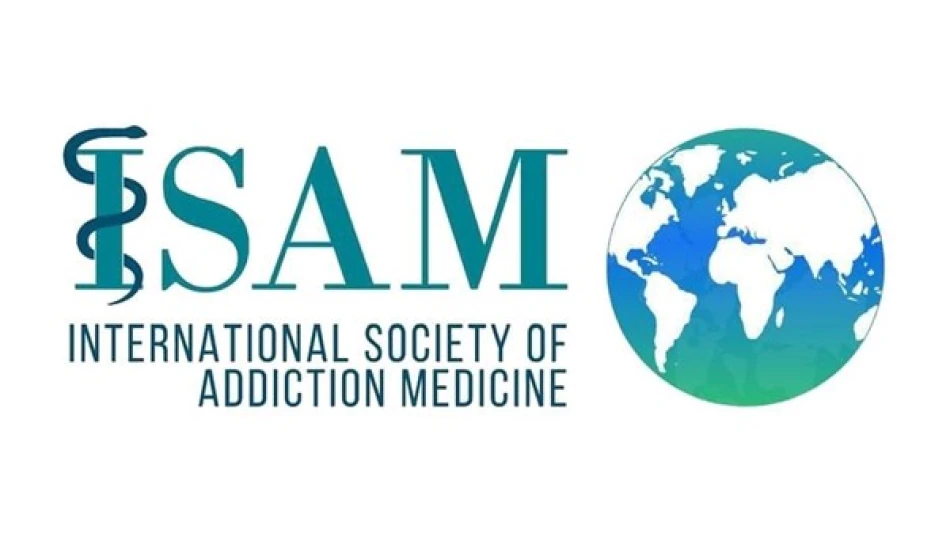
UAE Establishes National Anti-Drug Agency, Praised by International Addiction Medicine Association
UAE Establishes National Anti-Drug Authority in Major Policy Overhaul
The United Arab Emirates has created a comprehensive National Anti-Drug Authority through a federal decree issued by President Sheikh Mohammed bin Zayed Al Nahyan, marking a significant escalation in the country's fight against narcotics and psychoactive substances. The International Society of Addiction Medicine (ISAM) has endorsed the move as a critical tool for enhancing the UAE's drug enforcement capabilities and cutting off supply chains at their source.
A Holistic Approach to Drug Control
The new authority represents more than just another government agency—it signals the UAE's commitment to a multi-dimensional strategy that combines prevention, enforcement, treatment, and rehabilitation under one unified framework. This approach mirrors successful models implemented in Singapore and Portugal, where centralized drug control authorities have demonstrated measurable results in reducing both supply and demand.
Dr. Hamad Al Ghafri, President of ISAM and board member of the American Society of Addiction Medicine, emphasized that the authority will serve as a comprehensive framework for developing policies and strategies related to drug control, including combat methods and monitoring the treatment and rehabilitation of addicts.
Strategic Pillars of the New Framework
Supply and Demand Reduction
The authority's mandate centers on reducing both drug supply and demand through enhanced tracking and dismantling of smuggling networks. This dual approach acknowledges that effective drug policy must address market forces on both sides of the equation—a lesson learned from decades of enforcement-only strategies that failed globally.
Treatment and Rehabilitation Focus
Unlike purely punitive approaches, the UAE's new framework emphasizes treatment and rehabilitation mechanisms designed to reintegrate recovering individuals into their communities and families. This shift reflects growing international consensus that addiction should be treated as a public health issue rather than solely a criminal matter.
Legislative and Research Development
The authority will continuously update drug-related laws and legislation while conducting studies and research to enhance community prevention initiatives. This evidence-based approach positions the UAE to adapt quickly to emerging drug trends and synthetic substances that have challenged traditional enforcement methods worldwide.
Regional and Global Implications
The UAE's move comes at a critical time when the Middle East faces increasing pressure from international drug trafficking routes. The country's strategic position as a global trade hub makes it both vulnerable to smuggling operations and crucial to regional security efforts. By establishing this centralized authority, the UAE is positioning itself as a leader in regional drug policy coordination.
The authority's emphasis on international cooperation and capacity building suggests the UAE aims to become a regional hub for anti-drug expertise, potentially offering training and technical assistance to neighboring countries facing similar challenges.
Investment in Long-term Security
From an economic perspective, the establishment of this authority represents a significant investment in long-term social stability and security. Countries with effective drug control frameworks typically see reduced healthcare costs, lower crime rates, and improved productivity—factors that directly impact economic competitiveness and foreign investment attractiveness.
The integrated approach combining prevention, security, and treatment dimensions demonstrates the UAE's understanding that sustainable drug policy requires addressing root causes rather than just symptoms. This comprehensive strategy, if successfully implemented, could serve as a model for other Gulf states grappling with similar challenges in an increasingly connected global economy.
Most Viewed News

 Layla Al Mansoori
Layla Al Mansoori






